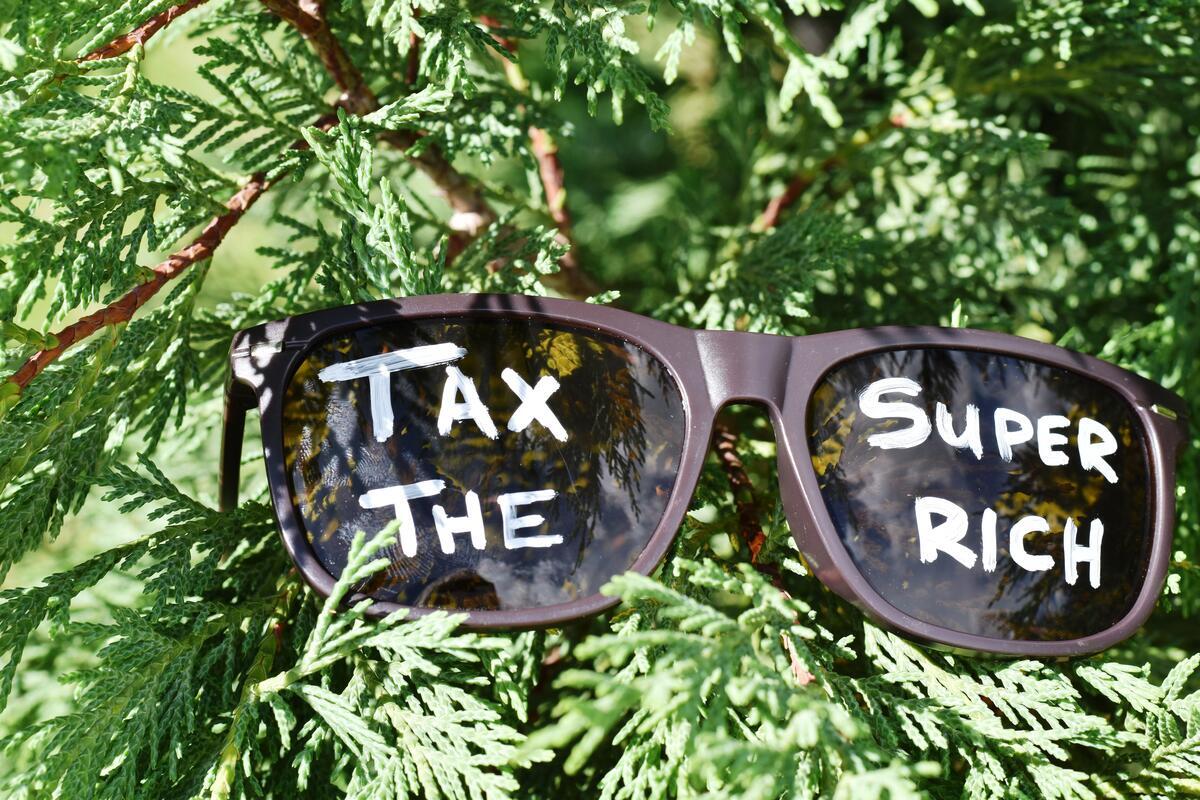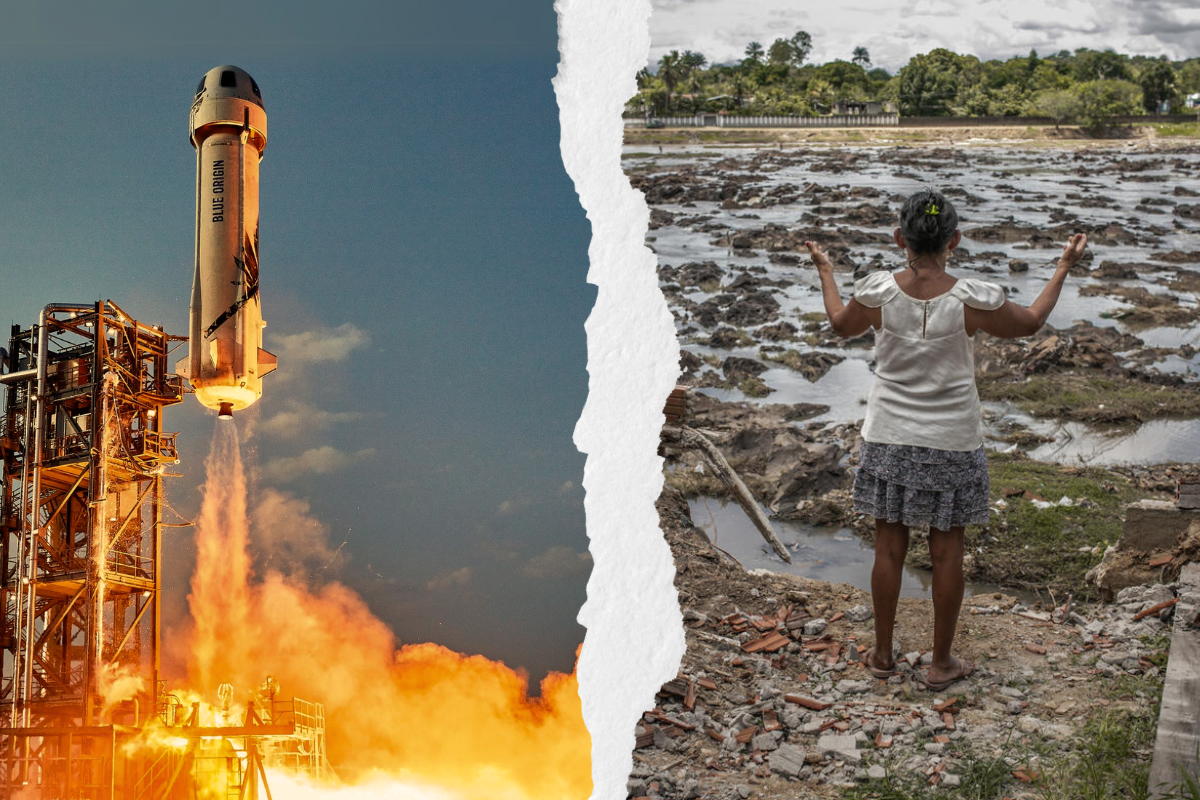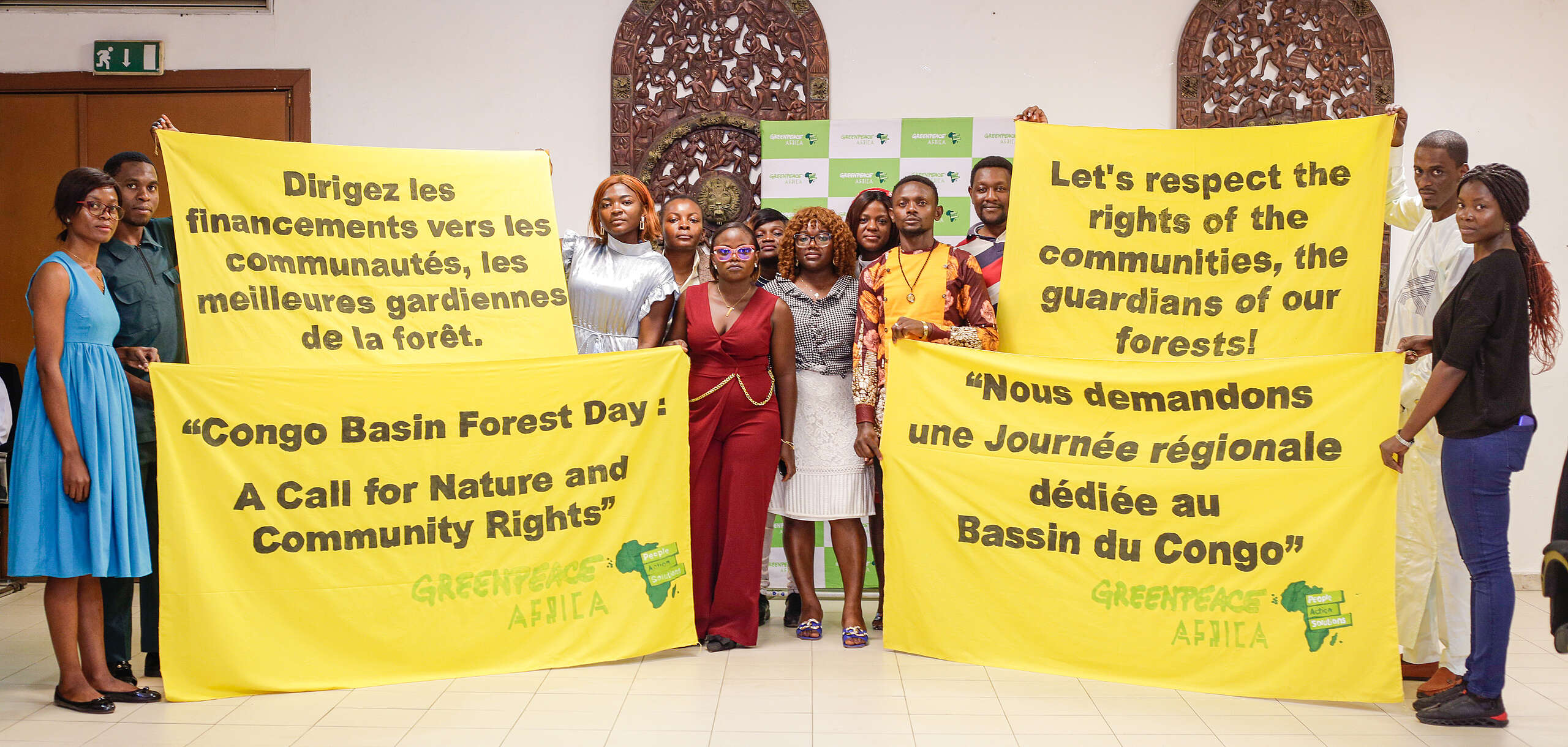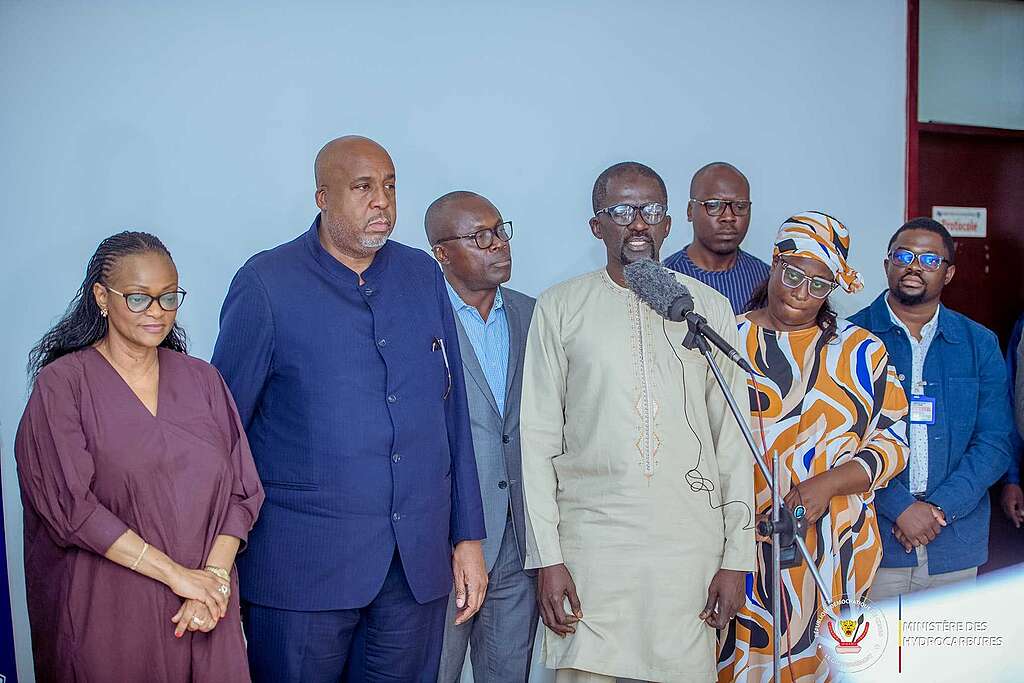
Kinshasa, August 21 2024 – Greenpeace Africa (GPAF) concluded a weeklong visit to the Democratic Republic of the Congo (DRC) from August 12 to 17, aimed at addressing pressing climate-related challenges through collaborative working with key stakeholders including local civil society organizations and pertinent government authorities. The visit followed the conclusion of the CSOs Conference on the Congo Basin organized by GPAF in Cameroon from July 29 to 31, calling for, amongst others, the recognition of the rights of Indigenous Peoples and local communities, making polluters pay African countries to mitigate and adapt to the climate crisis.
The primary objective of the visit was to seek a holistic approach in tackling the multidimensional problems around the protection of the forests as well as other critical biodiversity areas with the active participation of the Indigenous People and Local Communities. The visit was an opportunity for GPAF to hold discussions with key government officials regarding the cancellation of plans for oil operations in protected areas as well as ways to push for adequate climate financing for the Congo Basin at the COP29 in Azerbaijan and the finalization of the UN Tax Convention.
Addressing Environmental Challenges in the DRC
The DRC is home to one of the world’s most vital ecosystems, including vast rainforests that play a crucial role in global carbon sequestration. However, it faces numerous socioeconomic and environmental challenges that threaten its biodiversity and the livelihoods of millions. These challenges include endemic poverty, deforestation driven by illegal logging, mining activities, and agricultural expansion; pollution from industrial activities; and climate change impacts that exacerbate existing vulnerabilities.
During the visit, Greenpeace Africa reiterated its position on the importance and urgency of combating poverty and the sustainable management of the country’s natural resources and protection of its biodiversity. The DRC’s rich natural heritage must be preserved not only for its ecological value but also for the well-being of its people who depend on these resources for their survival.
Engagement with Civil Society Organizations
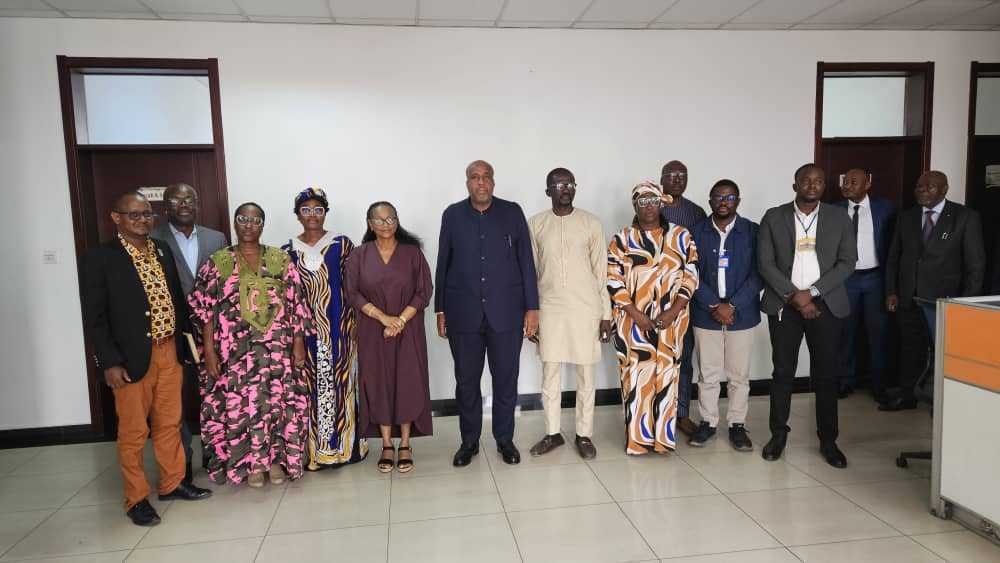
A pivotal part of the mission was to meet with various civil society organizations dedicated to climate justice. In March 2024, Greenpeace Africa launched its Climate Justice Movement in DRC, a new initiative aimed at harnessing the power and agency of local actors to advocate for the rights of their communities and protect their environment. This initiative seeks to amplify voices that are often marginalized in decision-making processes related to social justice and environmental governance.
By collaborating with these organizations, Greenpeace Africa aims to build a robust network that can effectively address climate-related issues while promoting sustainable practices within local communities. Together, we will work towards ensuring that environmental policies reflect the needs and aspirations of those most affected by climate change.
Dialogue with Government Authorities
One of the highlights of the visit was a meeting with Hydrocarbons Minister Aimé Molendo Sakombi and Hydrocarbons Vice Minister Wivine Moleka and members of their staff. The new Minister reiterated the government’s 8 June 2024 commitment to remove proposed blocks that overlap protected areas from the tender. He stated that he would need Greenpeace’s help to identify the country’s protected areas, and requested its support in lobbying for climate finance funding to DRC.
At the Environment Ministry, we exchanged views on general forest issues with the Secretary General for the Environment, who made scathing criticisms of what he described as Greenpeace Africa’s anti-government stance.
Greenpeace Africa applauds the decision of the hydrocarbon ministry not toauction oil concessions on protected areas (and peatlands) including those around the Virunga and Salonga National Parks. While this is an important step by the ministry, GPAF calls on the government to develop a roadmap to transition away from fossil fuel extraction towards a green economy powered by renewable energy that ensures environmental sustainability alongside economic development. Greenpeace Africa notes that a constructive dialogue with the DRC government is essential for the creation of policies that promote economic growth alongside ecological preservation.
Greenpeace Africa remains committed to supporting the DRC in tackling its environmental challenges through collaborative efforts with key stakeholders to advocate for climate justice and sustainable management of natural resources.
Greenpeace Africa calls upon all stakeholders—governmental and intergovernmental entities, civil society organizations, private sector actors, leaders of Indigenous People and Local Communities as well as committed citizens—to join forces to improve the country’s socioeconomic and environmental wellbeing.
Together, a future can be created where both people and nature live in harmony.
END
For more information, please contact:
Greenpeace Africa, [email protected]

